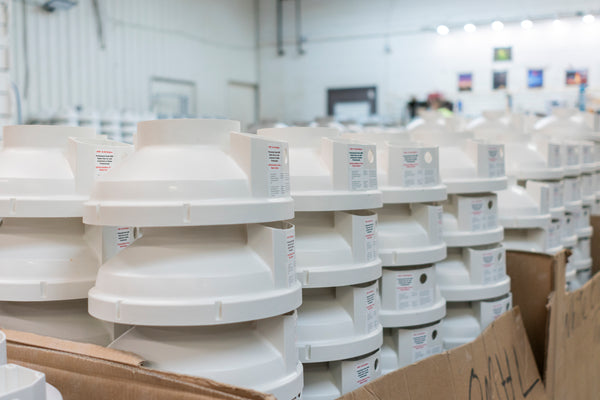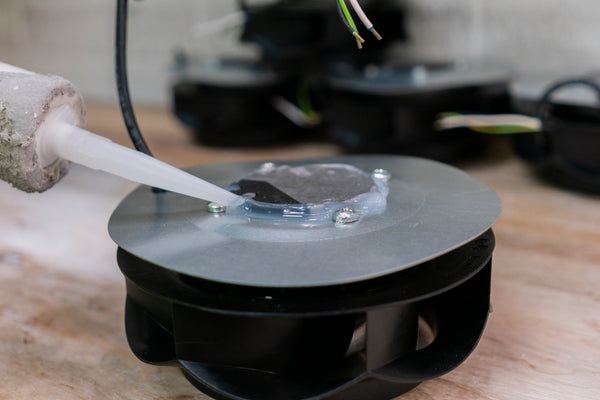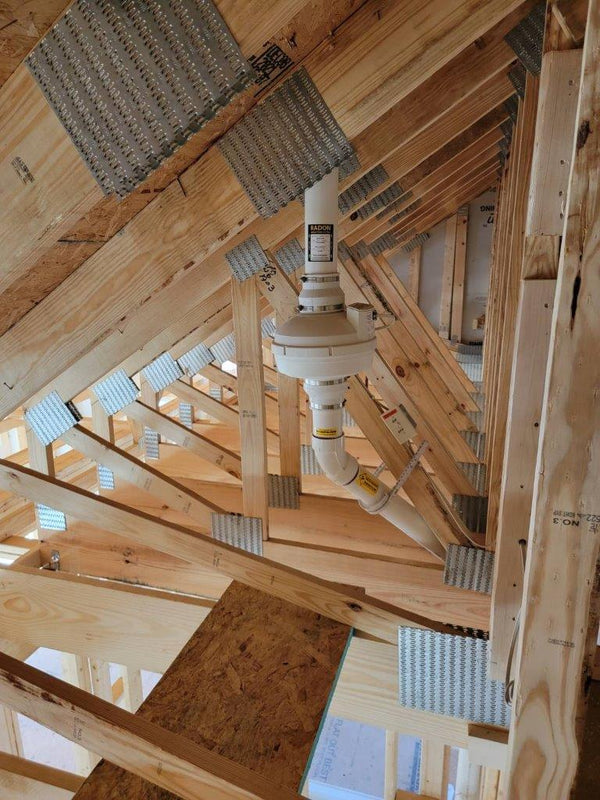
Do Home Inspections Require Radon Testing?
A home inspection is a standard element of selling or purchasing a home. If you’re moving out, you want to ensure that the home is safe for its new owners. And if you’re moving in, you want it to be safe for yourself and your household.
But do home inspections require radon testing? While radon tests may not be required by law in every state, it’s still a good idea to have one done at your home.
Basic Home Inspections: What To Expect
If you’ve hired a professional inspector to take a look at your home, they will examine the following areas of the home for safety concerns:
- The foundation (where radon often seeps in through cracks)
- Your electrical system
- Plumbing and piping
- HVAC systems and ductwork
- Structural components
Inspections often take between two and four hours, depending on the size of the home and any potential safety hazards the inspector finds. They will then write a detailed report on their findings and send it to you, often within a week.
Is Radon Testing Mandatory?
While home radon testing is generally not required by law, the EPA strongly recommends that you test your home for radon anyway. Because radon is completely odorless and colorless, the only way to determine if you have a radon problem is to test for its presence.
Your home inspector may or may not be licensed to perform professional radon testing. If they do not have that certification, they can recommend the services of someone who does. Professional radon testing is easy to do—the test itself often takes between 48 and 96 hours, and you’ll get your results within a week or two.
The Benefits of Radon Testing
When you have your home professionally tested for radon, you’ll get scientifically-backed answers about your home’s radon levels. If you do find that those levels are elevated, you can more effectively take action to mitigate the gas’s presence.
Talk to your home inspector or professional radon tester about the most helpful mitigation methods. Radon experts generally recommend active mitigation systems with powerful fans to vent the gas out. If the inspector finds cracks or holes in your foundation, they’ll advise you to use a radon sealant like urethane caulk to close up those entry points.
Is radon testing mandatory for home inspections? While it is not a legal requirement when buying or selling a home, the EPA still advises that you have a test performed. Radon is a silent killer, but regular testing and proper mitigation methods will ensure the safety of the home’s residents.





